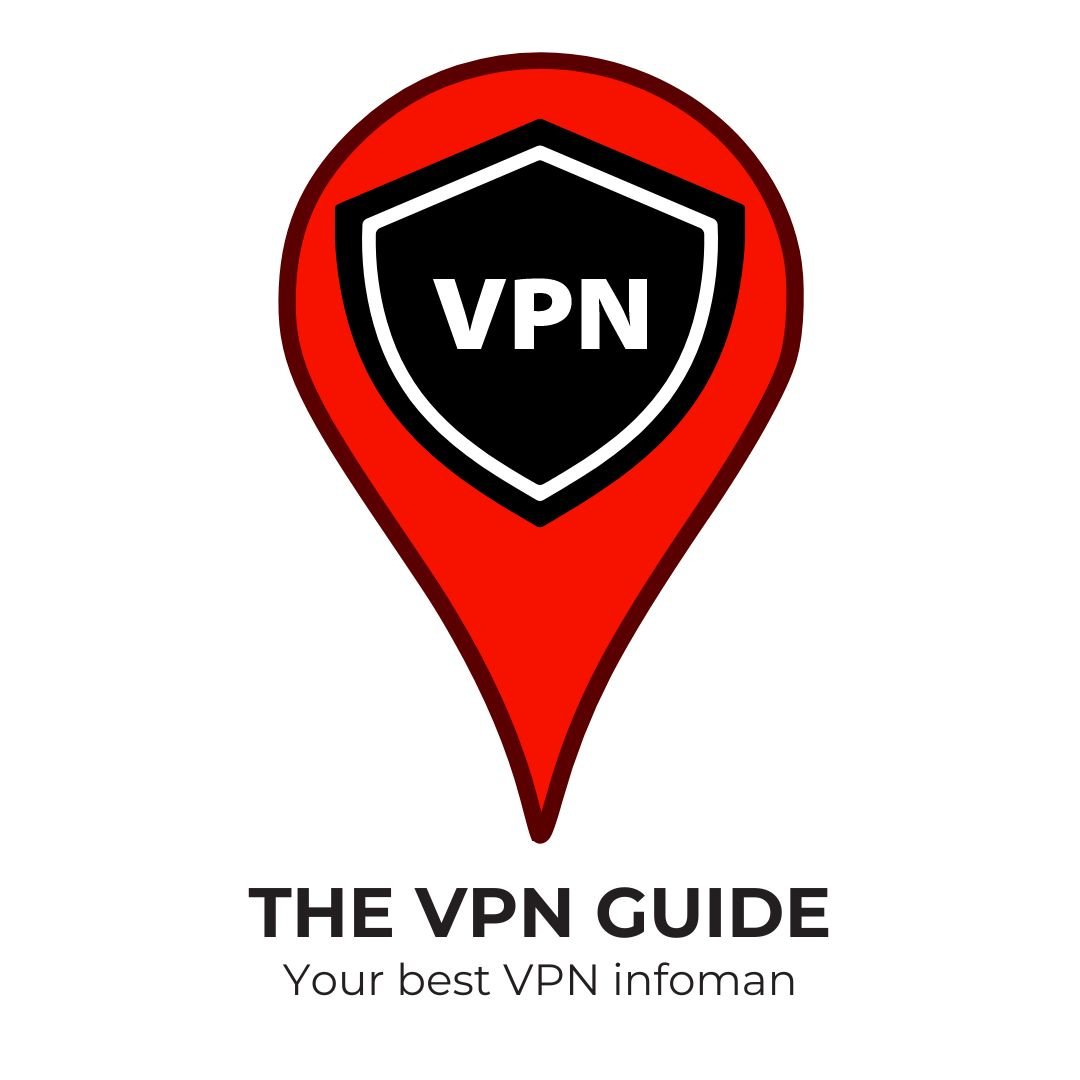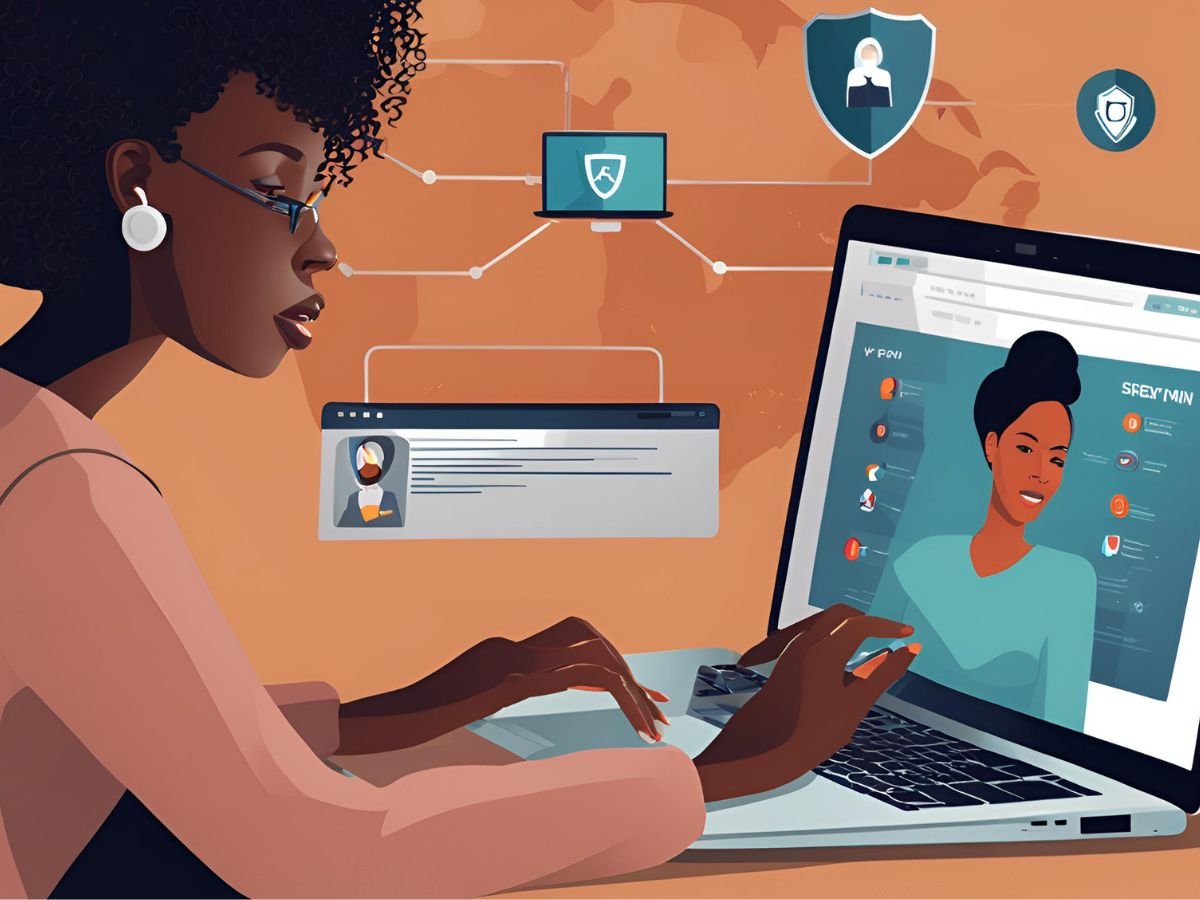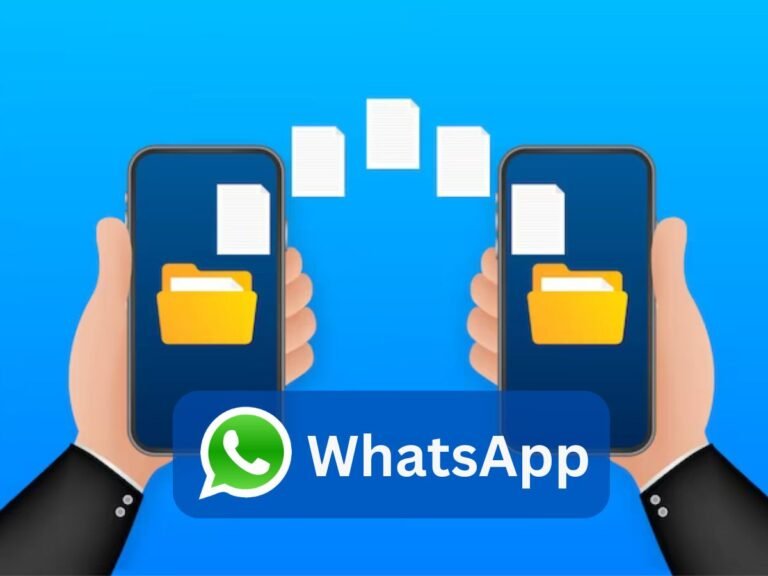What is a VPN?
A VPN, or Virtual Private Network, is a tool that allows users to securely connect to a private network over the internet. VPNs are commonly used by individuals and businesses to protect their online privacy and security, and to access websites and services that may be blocked or restricted in their region.

When you connect to a VPN, your internet traffic is routed through an encrypted tunnel to a server managed by the VPN provider. This makes it difficult for anyone on the same network to monitor or track your online activities.
Additionally, a VPN allows you to appear as if you’re located in a different region, which can be useful for accessing content that is only available in certain countries.
How Does a VPN Work?
When you use a VPN, your internet traffic is rerouted through an encrypted tunnel to a VPN server. This means that your data is encrypted before it leaves your device, travels through the VPN tunnel, and is then decrypted when it reaches the VPN server.

The VPN server then sends your data to its intended destination, such as a website or online service. This process hides your IP address and location, making it appear as though your internet traffic is coming from the VPN server rather than your actual location.

Why Use a VPN?
There are several reasons why individuals and businesses use VPNs:

Privacy Protection
VPNs safeguard your online privacy by encrypting your internet traffic and hiding your IP address. This prevents your internet service provider (ISP) and other third parties from tracking your online activities, browsing history, and location. When you use a VPN, your data is routed through an encrypted tunnel, making it extremely difficult for anyone to intercept or monitor your online behavior.
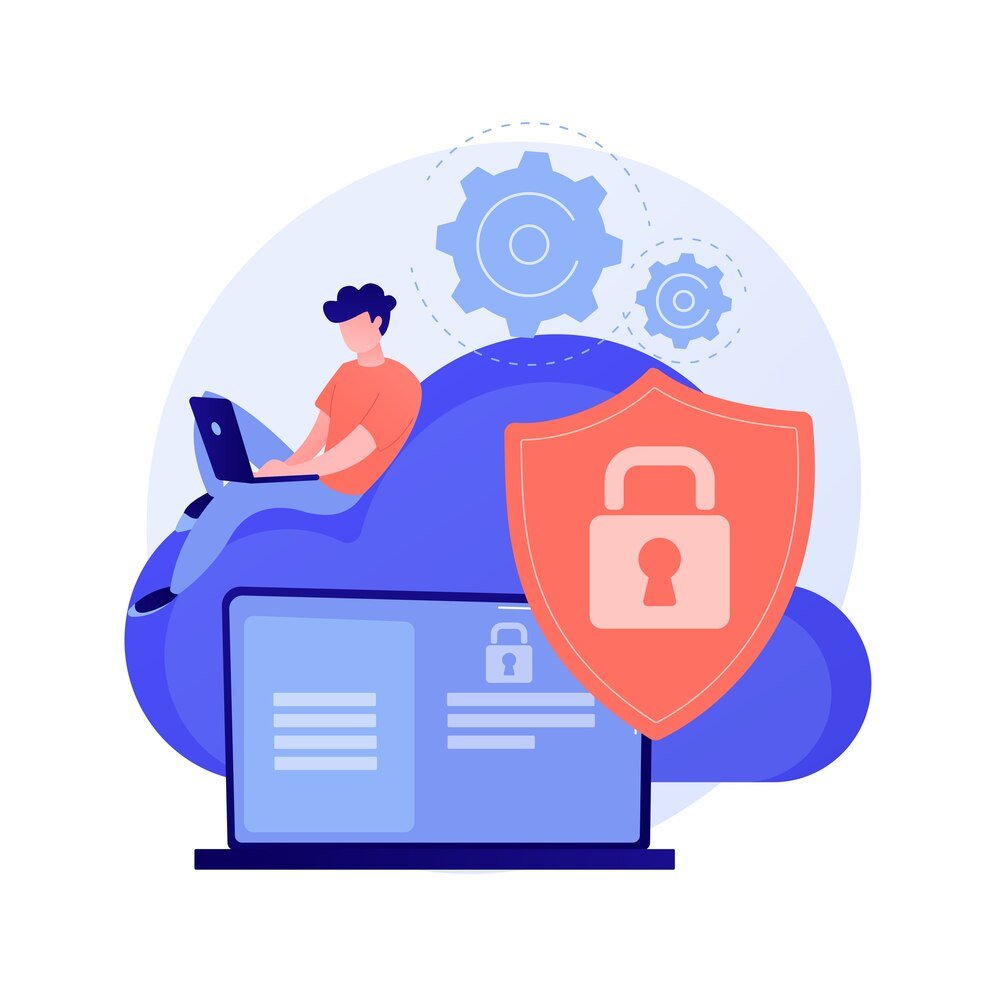
Security Enhancement
VPNs significantly boost your online security, especially when using public Wi-Fi networks. The encryption provided by a VPN protects your sensitive information, such as login credentials, financial data, and personal communications, from potential hackers and cybercriminals. This is particularly important when connecting to unsecured public networks in places like cafes, airports, or hotels.

Access Restricted Content
VPNs allow you to bypass geo-restrictions and access content that may be unavailable in your region. By connecting to a server in a different country, you can appear as if you’re browsing from that location, enabling access to streaming services, websites, or other content that might be blocked in your actual location.
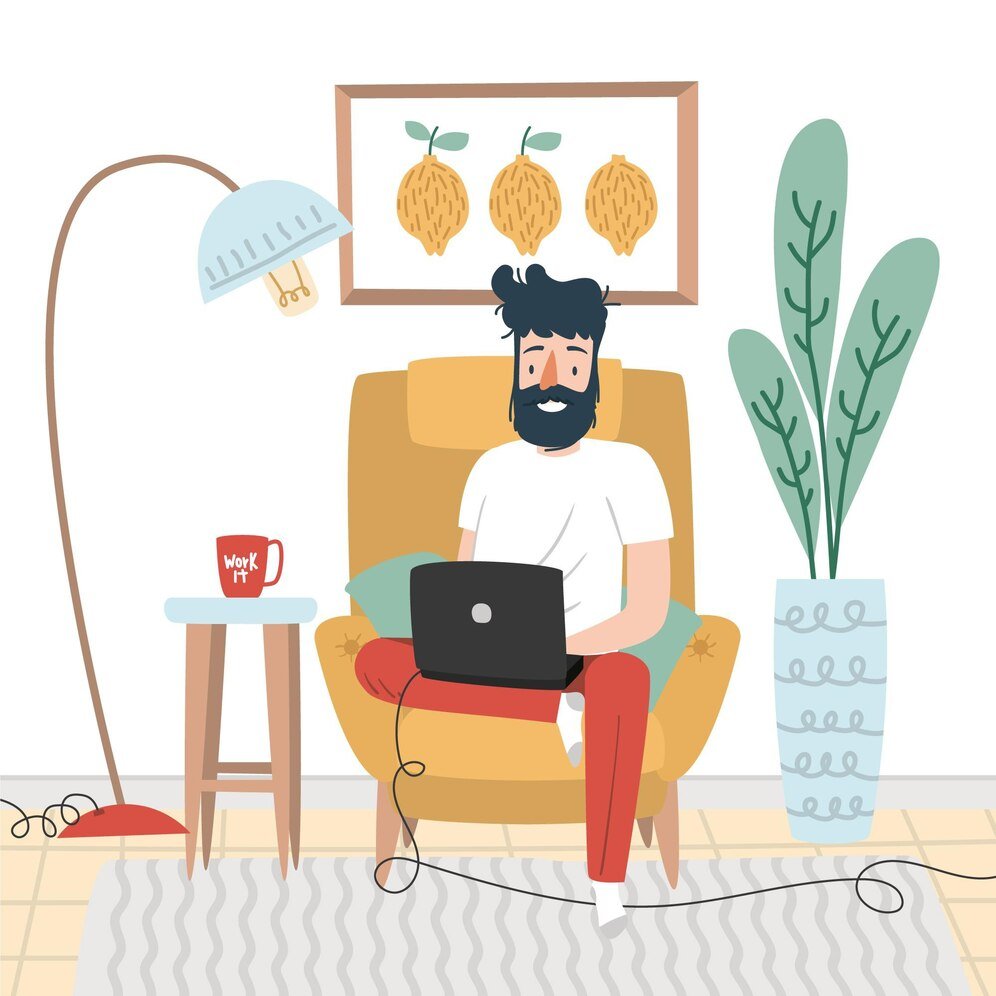
Secure Remote Work
VPNs are crucial for enabling secure remote work for businesses. They allow employees to safely access company resources, databases, and internal networks from outside the office. This ensures that sensitive corporate data remains protected even when accessed over potentially insecure public networks, making VPNs essential for maintaining data security in today’s increasingly remote work environment.
Choosing the Right VPN
With many VPN providers to choose from, it’s important to carefully research and compare different options before selecting one. VPNs vary in terms of features, pricing, and reliability, so consider the following factors:
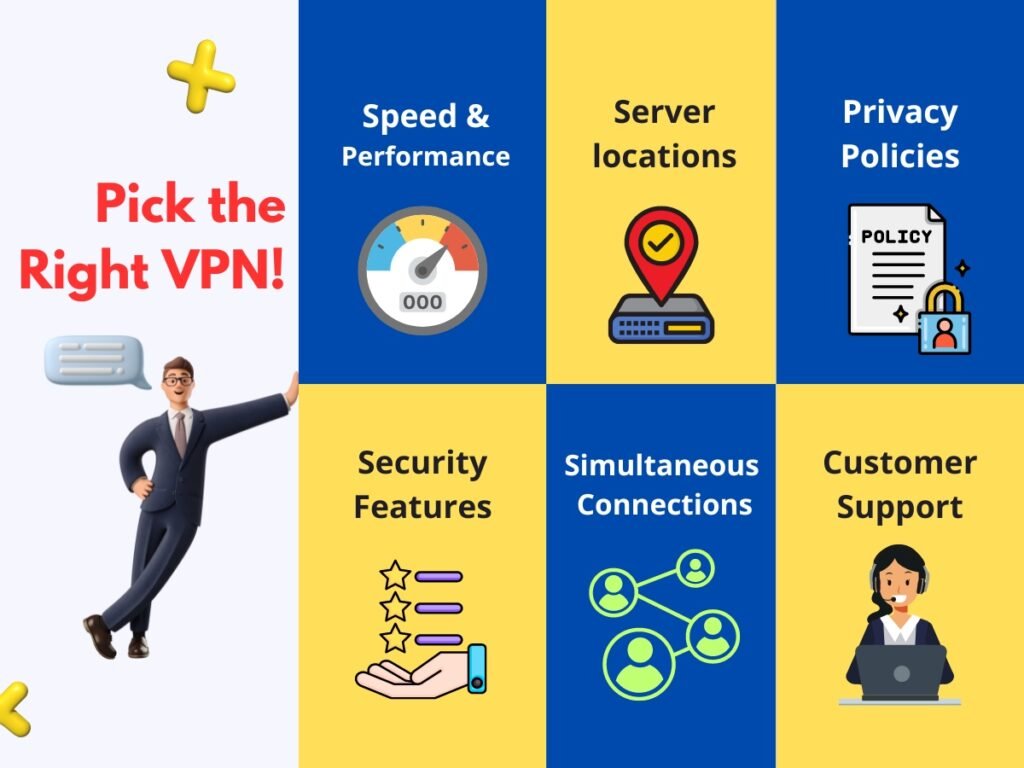

Top VPN Providers
Based on extensive testing, the following three VPNs are recommended as the best overall options, each catering to different needs and budgets:
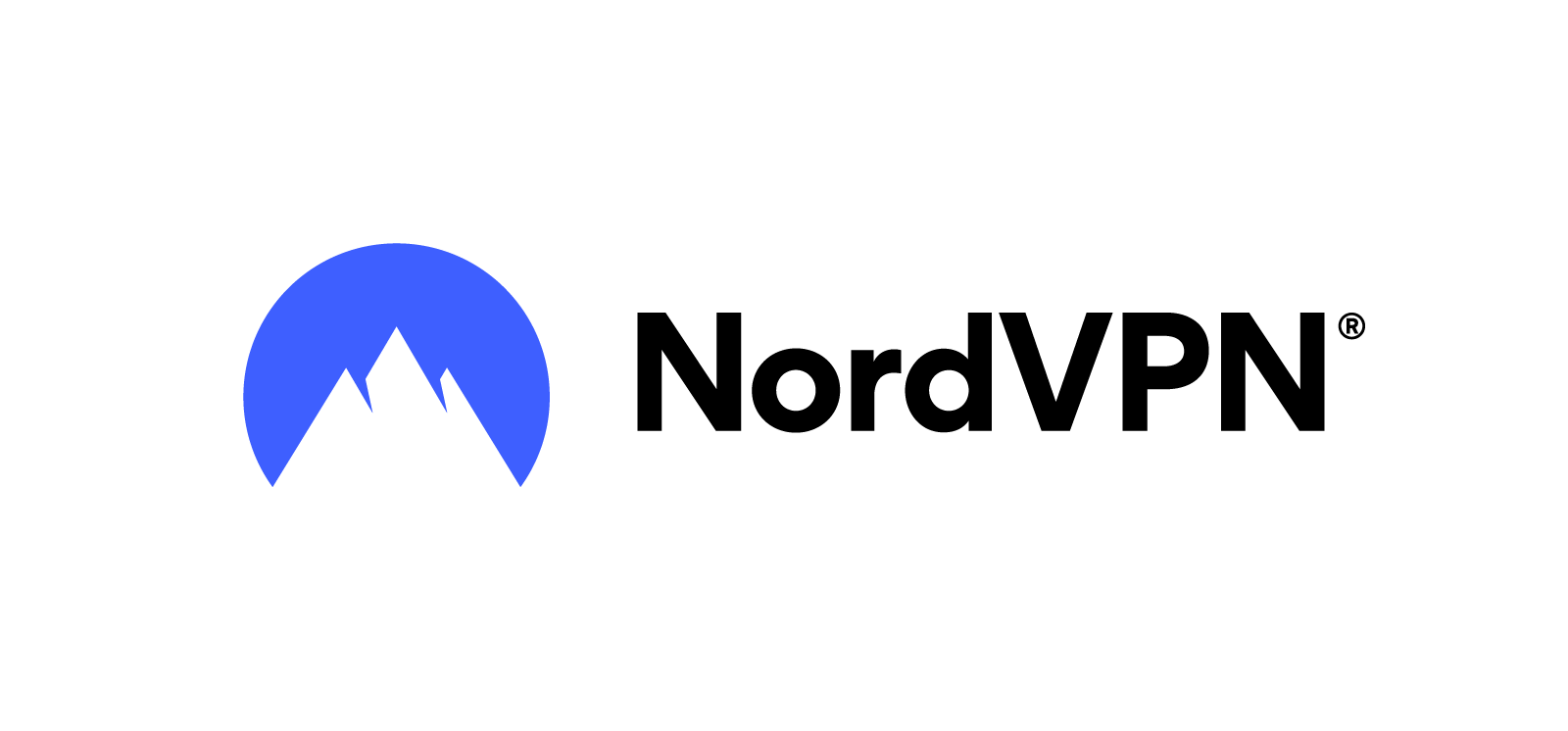
NordVPN is a well-rounded option that offers excellent value for money. It includes:
- 5300+ servers
- 59 countries
- 6 devices per subscription
- Bonus features

ExpressVPN is a premium, easy-to-use option that focuses heavily on privacy and anonymity. It offers:
- 3000+ servers
- 94 countries
- 5 devices per subscription

Surfshark is the best budget VPN that offers premium features at a low cost. It provides:
- 3200+ servers
- 100 countries
- Unlimited devices
Setting Up a VPN
Using a VPN is straightforward. To get started, follow these steps:
- Choose a VPN provider
- Download and install the VPN software
- Open the VPN application
- Select a server location
- Connect to the VPN
Once connected, all of your internet traffic will be routed through the VPN, providing you with increased privacy and security.
Potential Drawbacks of Using a VPN
While VPNs offer many benefits, there are also potential drawbacks to consider:
- Slower internet speeds
- Compatibility issues
- Cost of subscription
Using a VPN can slightly slow down your internet connection, as your traffic has to be encrypted and decrypted as it passes through the VPN server. However, with a good reliable VPN, this speed drop can be minimized.
Key Takeaways
In summary, a VPN is a valuable tool for anyone looking to enhance their online privacy and security, or to access content that may be restricted in their region. By carefully researching and comparing different VPNs, you can find the one that best meets your needs.
If you’re interested in learning more about specific VPNs, including their privacy policies, speed, streaming, torrenting capabilities, and security features, be sure to check out full reviews and pricing in the links provided. Thank you for reading, and feel free to comment below with any questions.

